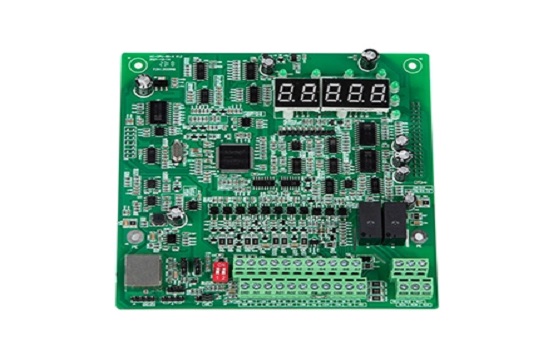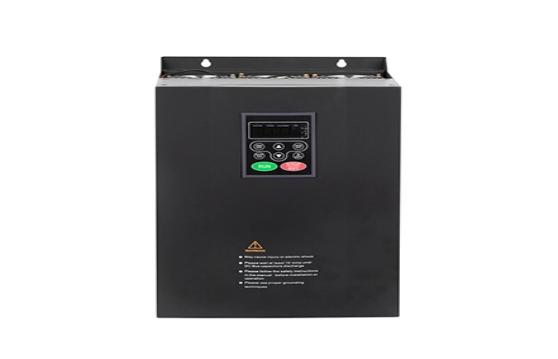In the continuously changing field of residential technology, variable frequency inverters have appeared as quiet heroes, subtly revolutionizing how we control energy in our homes. Apart from their main function to control electrical frequency, these gadgets offer a range of economic benefits that prudent homeowners can utilize for long-term savings. In this blog, we'll discuss how variable frequency inverters contribute to economic efficiency in household appliances, making them a wise investment for the financially aware.
The primary economic advantage of variable frequency inverters is their ability to optimize energy usage. These devices enable household appliances, such as HVAC systems and pumps, to work at varying speeds based on demand. By modifying the frequency of the electrical output to match the required load, variable frequency inverters produced by frequency inverter manufacturers ensure that appliances only consume the energy they require. This results in significant cutbacks in electricity bills, affording homeowners with substantial long-term cost savings.
Variable frequency inverters contribute to the economic health of homeowners by extending the lifespan of their household appliances. The controlled and slow start-up and shutdown processes made possible by these inverters lessen the wear and tear on appliances. As a result, appliances experience less stress during operation, leading to fewer breakdowns and repairs. The extended lifespan of devices leads to lower maintenance costs and a reduced need for premature replacements, offering additional financial advantages to homeowners.
Variable frequency inverters play a critical role in demand-side management, enabling homeowners to strategically control when and how much power their devices use. During peak demand periods, these inverters can adjust the operating speed of appliances to lessen the overall load on the electrical grid. By taking part in demand response programs, homeowners can even receive financial rewards from utility companies for contributing to grid stability. This double benefit of reduced energy costs and potential incentives adds another level of economic benefit to the use of variable frequency inverters.
Contemporary variable frequency inverters often come equipped with smart technology features, enabling seamless integration with home automation systems. The connectivity of this frequency inverter application allows homeowners to monitor and control their household devices remotely. By leveraging real-time energy consumption data, users can make informed decisions to further optimize energy usage and maximize cost savings. The capability to actively manage energy consumption contributes to a more economically efficient and sustainable household.
In conclusion, the economic benefits of variable frequency inverters in household appliances extend far beyond their initial investment costs. From reducing electricity bills to extending the lifespan of appliances and actively participating in demand-side management, these devices offer a wealth of financial benefits for homeowners. As we continue to navigate the field of smart homes and energy-efficient living, variable frequency inverters come across as indispensable tools for those looking to make smart, economical choices in residential energy management.



.jpg)
